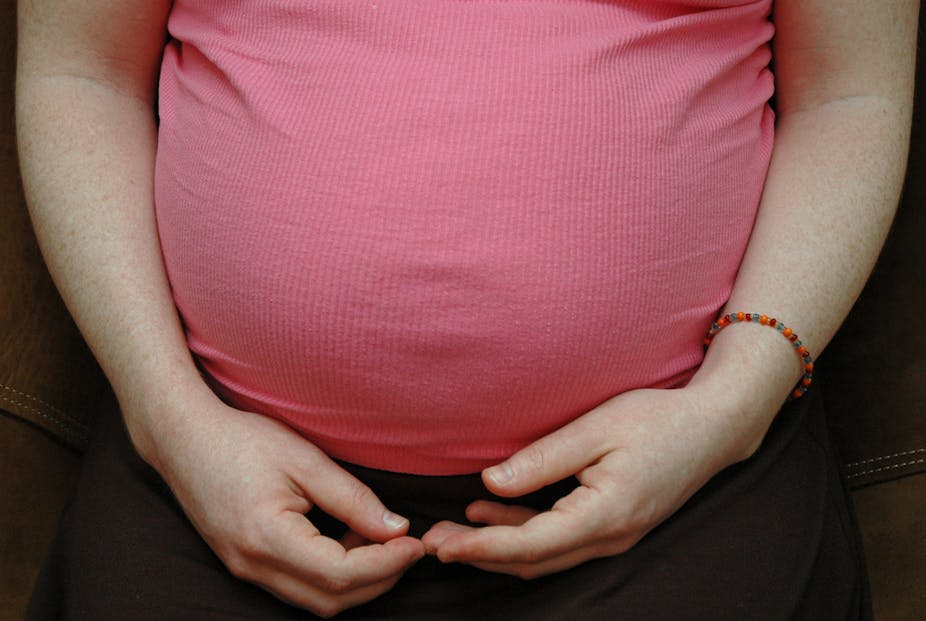Women who smoke while pregnant may raise the resulting child’s risk of developing heart disease by as much as 15%, a new study has found.
Smoking during pregnancy has previously been linked to fetal health problems such as low birth weight and cot death but the new research represents the first time smoking by mums-to-be has been associated with heart disease risk in the child.
Despite the risks, around 15% of pregnant women in many Western countries still smoke.
“Although it’s very hard for young women hooked on smoking to give up, I would hope this would be a really powerful motivation for them – to know they are sentencing their kids to a lifetime of high heart disease risk by smoking,” said David Celermajer, Professor of Cardiology at the University of Sydney and lead researcher in the project.
The researchers studied 405 healthy eight-year-olds born between 1997 and 1999. Those with mothers who smoked during pregnancy had lower levels of high-density lipoprotein (HDL) – the ‘good cholesterol’ that protects against heart disease – than the children whose mothers did not smoke while pregnant.
By the time they were eight, the children born to smoking mums had HDL cholesterol levels of about 1.3 millimoles per litre (mmol/L), while those born to non-smokers had a normal level of 1.5 mmol/L. Whether or not the child was exposed to second-hand smoke after birth, that result did not change.
“In adults, for every 1% your good cholesterol goes down, your risk of heart attack and stroke goes up by 1%,” said Professor Celermajer.
“So we think that by mums smoking, if that reduces the good cholesterol in their kid by 15%, then that probably increases [the child’s] risk of heart attack or stroke in later life by about 15%. That’s pretty substantial, given the baseline risk is high in everyone.”
Professor Celermajer advised people whose mothers did smoke during pregnancy to take extra care of themselves by maintaining a healthy body weight, exercising regularly, eating a healthy diet and staying away from cigarettes.
“They really have to be conscious of their own heart disease risk and minimise all other risks,” he said.
Vicki Clifton, Associate Professor of Obstetrics and Gynaecology at the University of Adelaide, said that the study was one of the first to show that smoking during pregnancy has long term effects on the health of the child.
“Many smokers believe that if a baby looks OK when it is born, then everything must be fine and that smoking did not harm their baby,” said Associate Professor Clifton, who was not involved in the study.
“This is evidence that can be used in health education for pregnant women, though it is known that many pregnant women do not quit smoking after 16 weeks of pregnancy.”
“We need to continue to educate our young women before they get pregnant about how smoking can affect their baby during pregnancy and how it can impact on the child in the long term,” she said.
The study, Maternal cigarette smoking is associated with reduced high-density lipoprotein cholesterol in healthy eight-year-old children, was published in European Heart Journal.

